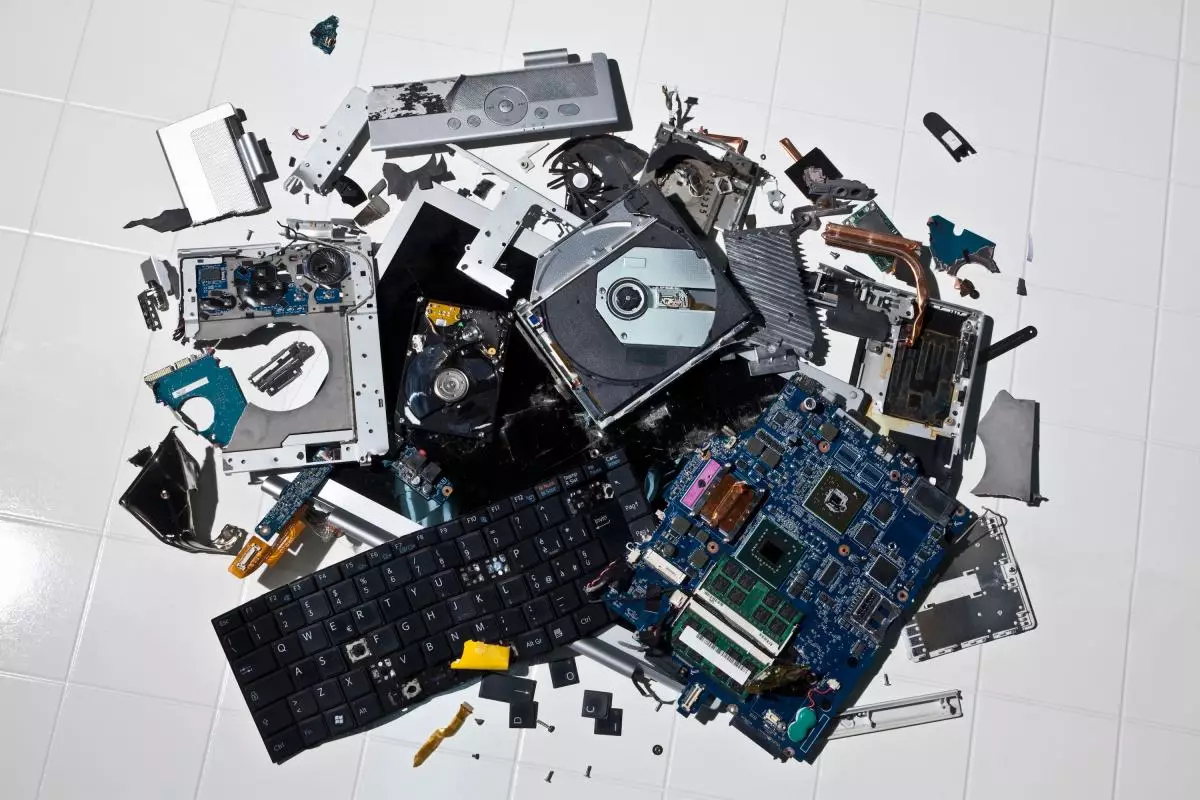Although rare earth metals may not often make headlines, they play an indispensable role in the technology that underpins our modern life. Commonly known elements such as neodymium, praseodymium, and cerium are not particularly rare in their natural occurrences; however, they are sparsely distributed globally and often challenging to extract and refine. This combination of rarity in availability, geographic concentration, and complicated refining processes contributes to their high economic value—sometimes reaching tens of thousands of dollars per metric ton.
These metals possess unique electric and magnetic properties that make them critical components in a plethora of devices. They are essential for the production of hard drives, electric vehicles, and even MRI machines. As these technologies continue to proliferate, the demand for rare earth elements is skyrocketing, laying the groundwork for geopolitical tensions and strategic economic considerations.
The Geopolitical Landscape of Rare Earth Metals
China currently dominates the global rare earth market, controlling a significant portion of the world’s refining capabilities. This monopoly places immense economic leverage in the hands of the Chinese Communist Party, who have on occasion utilized these materials as bargaining chips in trade disputes, particularly with the United States. The potential for China to “weaponize” this critical supply has raised alarms, prompting the U.S. Department of Defense to make securing these resources a key objective of its industrial strategy.
As it stands, the United States has only one operational rare earth mine in California, a situation that puts American technological firms—like Nvidia and Apple—at risk given recent export restrictions enforced by China. The lack of substantial domestic production has thus generated significant concern regarding the potential fallout for both national security and technological competitiveness.
Revolutionizing Extraction Techniques
The critical role of rare earth metals has spurred interest in alternative methods of sourcing these valuable materials. Alta Resource Technologies, a startup led by Nathan Ratledge, offers an innovative approach to rare earth extraction, particularly from electronic waste—an often-overlooked source of rare materials. Traditional extraction methods have relied heavily on toxic chemicals and complicated processes that are not only inefficient but also environmentally damaging.
In contrast, Alta claims to have developed a biologically-based method using specially engineered proteins designed to selectively bind to rare earth elements, whether they originate from raw ores or discarded electronics. This bioprocessing technique aims to simplify the extraction while maintaining efficacy, eliminating many of the harmful chemicals commonly used in typical methods.
Through a unique resin designed to hold these proteins, Alta’s system allows rare earth solutions to pass through and interact with the proteins. When the proteins become saturated, the metals can easily be flushed and collected. According to Ratledge, these proteins demonstrate remarkable durability, which could pave the way for a more sustainable extraction process.
Alta Resource Technologies is poised to take a significant step forward by establishing a pilot-scale plant, sized similarly to a shipping container, in the near future. Ratledge believes that there is potential for government support in funding these efforts, enhancing the scalability of their innovative techniques.
Recently, Alta secured $5.1 million in seed funding led by investment firms DCVC and Voyager Ventures, as well as $1 million in grant funding from DARPA and Colorado state authorities. While it is unlikely that the U.S. will regain complete independence in rare earth production immediately, the company is optimistic about addressing a portion of the national demand.
However, it’s crucial to recognize that achieving substantial outputs may not require hundreds of thousands of tons of rare earth metals. Rather, delivering single-digit-thousand tons could significantly alleviate current supply constraints, particularly for national security applications. In this context, startups like Alta may serve as vital players in a reshaped landscape of rare earth sourcing.
The global demand for rare earth metals illustrates the complexities and interdependencies of modern supply chains, especially in high-tech industries. As awareness of the economic and strategic significance of these metals rises, the journey toward sustainable and domestic sourcing becomes increasingly critical. Only through innovative approaches, such as those devised by companies like Alta, can we hope to meet the challenges posed by dependence on foreign supply chains while securing a future for domestic technology companies. The path ahead will be intricate, but the fusion of science, technology, and policy could unlock a more resilient supply chain for this indispensable component of the modern world.

